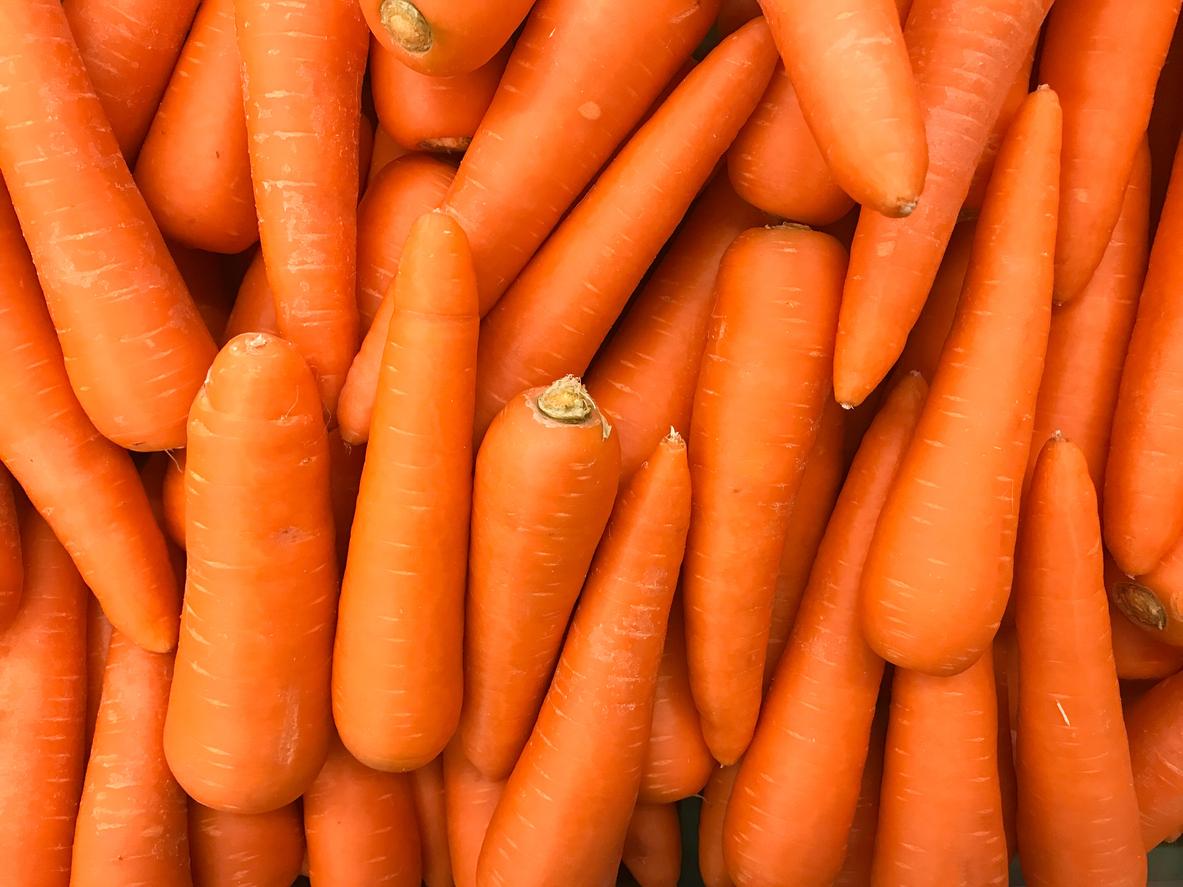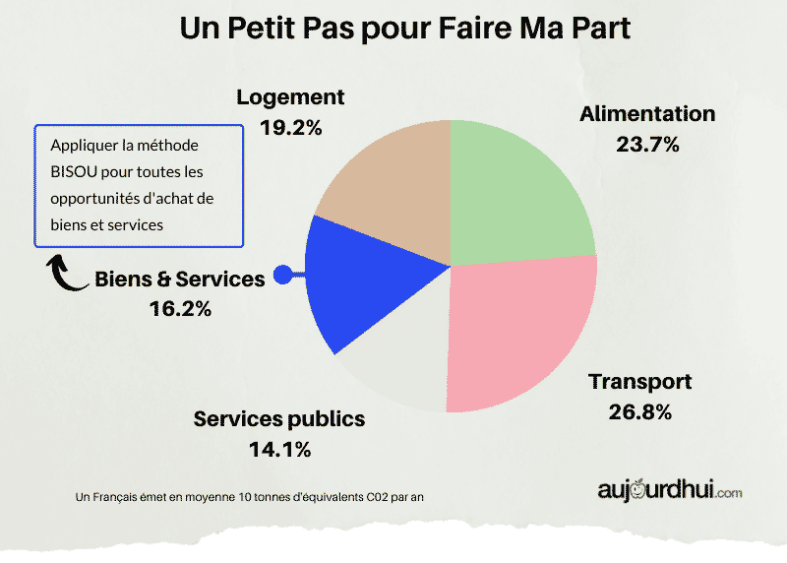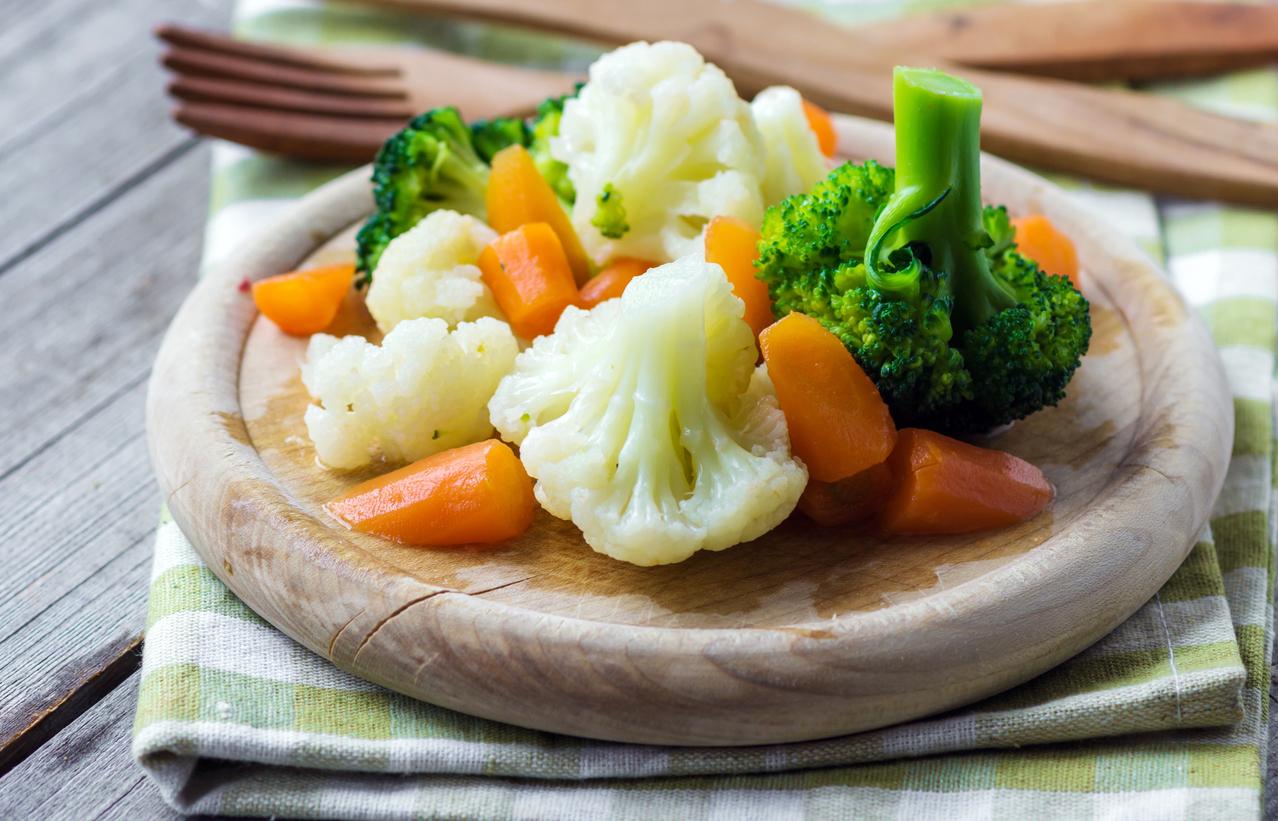
July 21, 2010 – The majority of fruits and vegetables that are not organically grown are treated with pesticides. According to the Environmental Working Group, that doesn’t mean you need to buy all of your organic fruits and vegetables. The American organization offers a list of fruits and vegetables that can be bought non-organic, without fear of being poisoned by pesticide residues, and a list of those that are better to choose organic.
the Shopper’s Guide to Pesticide1, published by the environmental group, is developed from the results of chemical tests performed by the US Department of Agriculture, United States (USDA).
No need to buy them organic …

- Because we eat them without the peel or just rinse them to remove traces of pesticides:
pineapple;
lawyer;
aubergine;
cantaloupe;
sweet corn;
mango;
honeydew melon;
watermelon;
sweet pea (protected by its pod). - Because they have natural defenses and they require little or no pesticides:
onion;
Yam. - Asparagus: because it grows early in the spring, it is not a victim of insects, therefore not treated with pesticides.
- Cabbage: because its outer leaves absorb pesticides and these are removed before arriving at the supermarket.
- The kiwi: because it is protected by wasps and lacewings which feed on harmful insects.
Ideally, go for organic …

- Because their sugars attract a multitude of insects, they require several sprayings with pesticides throughout their growth:
blueberry (blueberry);
Cherry;
Strawberry;
nectarine;
peach;
Apple. - Celery: because 75% of the harvest is done during the fall and winter; rain and wind contribute to the growth of bacterial and fungal diseases that growers fight with chemicals.
- Spinach and kale: because they have appetizing leaves for insects, they are regularly treated with pesticides.
- Pepper (chili): because it has no natural defense and needs to be sprayed with pesticides. And the folds of its “crown” offer nooks where pesticides can accumulate.
- The potato: because it is treated at least 5 times with pesticides during the season in order to protect it from insects. It may contain toxic residues.
- The grape: because it is vulnerable to fungal diseases during transport. The farther it comes, the more fungicide it has been smeared with.
Martin LaSalle – PasseportSanté.net
According to Prevention
1. Environmental Working Group, EWG’s Shopper’s Guide to Pesticides, 2010. To visit the site: http://www.foodnews.org/ [consulté le 20 juillet 2010].















